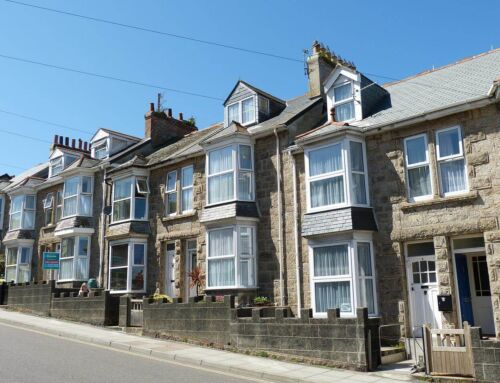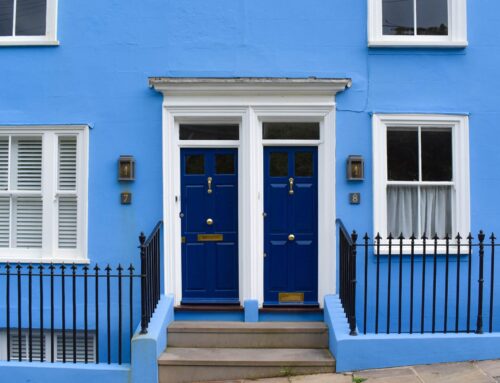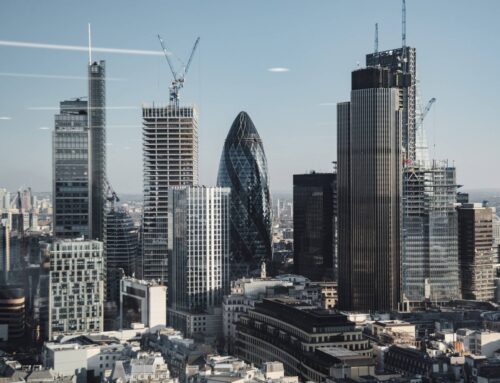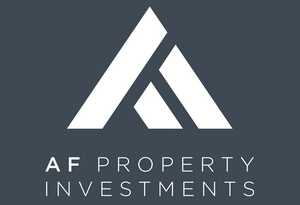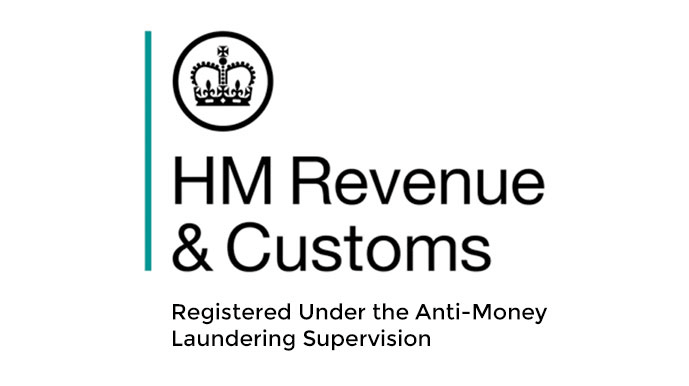The UK’s “second city” is practically unrecognisable from 25 years ago.
Industrial sites and factories have been replaced by stylish venues like The Printworks and Corn Exchange.
Old mills have been redeveloped into sought-after apartments. The area of Hulme – once a landscape of slums and smoke stacks – now houses million-pound lofthouse flats.
It’s a market on the up – but is it too late to get in?
Our answer? Absolutely not. And here’s why.
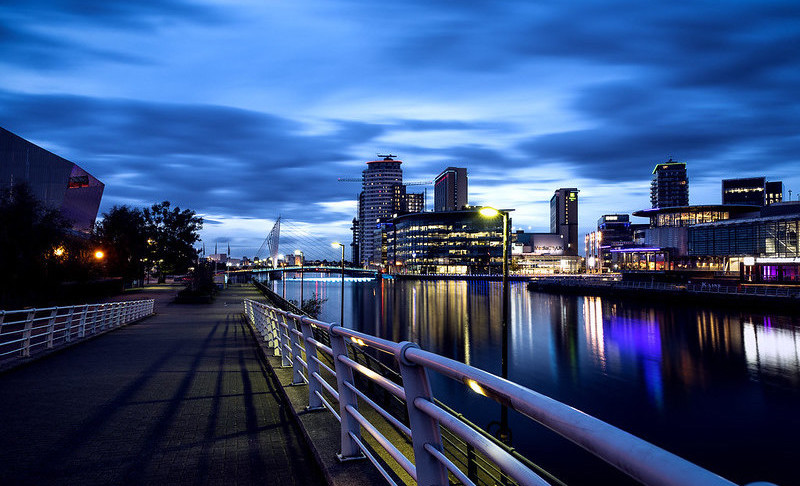
Affordable Properties
It’s still affordable. Always the number one priority for investors, the buy-in level has to be right.
Manchester is one of the few places in the UK where you can still snap up a semi for £65k.
If you’re buying to let, semis and terraces are ideal for renovating or dividing into flats, and Manchester’s in no short supply.
Room for Negotiation
Prices are healthily fluid. Unlike the markets of London and the Home Counties, there’s scope for negotiation in Manchester.
Haggling is an accepted part of the culture, and in contrast to some areas that demand top tier prices, sellers are realistic about offers.
This data from the Manchester Evening News shows that sellers in Stockport dropped their prices by over £10,000 between July 2020 and July 2021. That’s a nice discount for a first-time investment!
City-Wide Regeneration
Regeneration efforts are continuing. Manchester is a city unafraid of change.
It’s undergone phases of massive regeneration – during the Industrial Revolution, after the World Wars, and after the 1995 bombings.
This month alone, big plans have been announced for the Manchester viaduct and the former Renaissance Hotel site at Deansgate.
The ongoing appetite for development assures us that the influx of employers, startups, and new residents to the area is showing no signs of stopping.
Manchester Weathered the Pandemic
Manchester weathered the pandemic. Thanks to the stamp duty holiday, the remote-work revolution, and a renewed enthusiasm for house-moving after lockdown, the property market boomed across the UK in 2020.
But Manchester was one of the biggest winners, with average property prices increasing by 12%.
For a city to come out smelling of roses after an economy-battering event is reassuring to investors with a long term view.
No matter what changes, demand and growth is likely to stay.
Despite the triumphant growth of the Manchester market, the average property price still sits at £188,900. That’s over £60,000 less than the UK average of £251,000.
Forecasts are extremely sunny for further growth in both prices and rental yield.
Check out our Manchester property investment opportunities if you’re ready to buy into the exciting Manchester market but aren’t sure where to start.

